Fueling performance: What diet boosts testosterone & lean mass effectively?
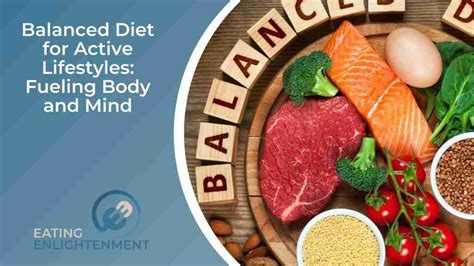
The Crucial Link Between Diet, Testosterone, and Lean Mass
For individuals aiming to optimize physical performance, enhance muscle growth, and maintain robust overall health, understanding the profound impact of diet on testosterone and lean body mass is paramount. Testosterone, a vital hormone, plays a critical role in muscle protein synthesis, bone density, red blood cell production, and even mood. Concurrently, lean mass, primarily muscle, is essential for strength, metabolism, and functional movement. A well-structured diet isn’t just about calorie intake; it’s about providing the specific macronutrients and micronutrients that act as building blocks and regulatory signals for these crucial physiological processes.
Neglecting dietary principles can lead to suboptimal hormone levels, hinder muscle gain, and compromise recovery. Conversely, a targeted nutritional approach can unlock significant improvements in body composition and hormonal balance, propelling you towards your performance goals more effectively. Let’s delve into the specific dietary components that make the most difference.
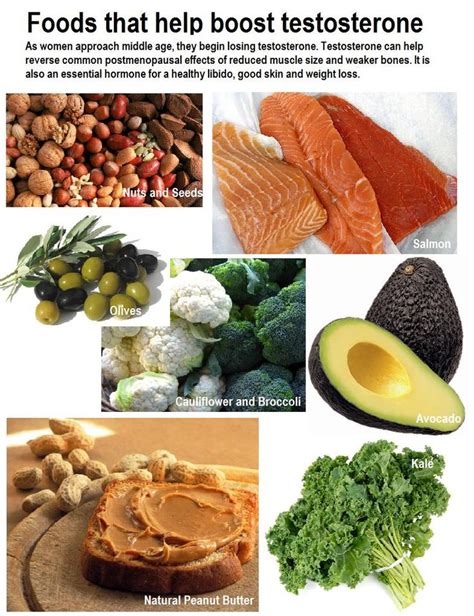
Macronutrient Strategies for Testosterone & Muscle Growth
Protein: The Foundation of Lean Mass
Protein is non-negotiable for lean mass accrual. It provides the amino acids necessary for muscle repair and growth. To support both testosterone production and muscle building, aim for 1.6-2.2 grams of protein per kilogram of body weight daily. Prioritize complete protein sources like lean meats (chicken, beef, fish), eggs, dairy products (Greek yogurt, cottage cheese), and plant-based options such as soy, quinoa, and legumes when combined strategically. Distributing protein intake evenly throughout the day, particularly around workouts, optimizes muscle protein synthesis.
Healthy Fats: Essential for Hormone Production
Dietary fats often get a bad rap, but healthy fats are absolutely critical for testosterone synthesis. Cholesterol, a precursor to testosterone, is derived from dietary fats. Adequate intake of monounsaturated and saturated fats, in moderation, supports healthy hormone levels. Good sources include avocados, nuts, seeds, olive oil, and fatty fish like salmon, which are rich in omega-3 fatty acids. Aim for 20-30% of your total daily calories to come from healthy fats, ensuring a balanced intake of various types.
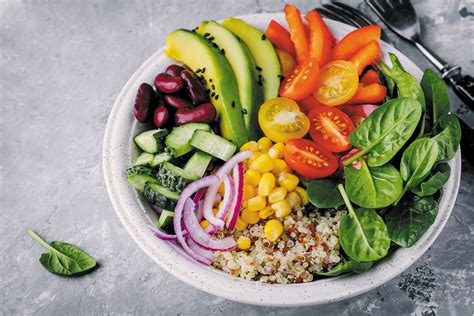
Carbohydrates: Fueling Performance and Recovery
While fats are crucial for hormones and protein for building, carbohydrates provide the primary energy source for high-intensity exercise and aid in recovery. Sufficient carbohydrate intake prevents the body from breaking down muscle tissue for energy and helps maintain cortisol levels in check, which can negatively impact testosterone if chronically elevated. Focus on complex carbohydrates like whole grains, fruits, vegetables, and legumes. Adjust carbohydrate intake based on activity level; higher activity demands more carbs to fuel workouts and replenish glycogen stores.
Micronutrients: The Unsung Heroes
Beyond macronutrients, specific vitamins and minerals play pivotal roles in both testosterone production and muscle function.
- Vitamin D: Often dubbed the ‘sunshine vitamin,’ Vitamin D is actually a pro-hormone and has a strong correlation with testosterone levels. Ensure adequate intake through sun exposure, fortified foods, or supplementation if levels are low.
- Zinc: This essential mineral is involved in hundreds of enzymatic reactions, including those in testosterone synthesis. Zinc deficiency can lead to reduced testosterone. Rich sources include red meat, shellfish, nuts, and legumes.
- Magnesium: Important for muscle function, energy production, and sleep quality, magnesium also plays a role in free testosterone levels by reducing the binding of testosterone to Sex Hormone Binding Globulin (SHBG). Leafy greens, nuts, seeds, and whole grains are excellent sources.
- Selenium: An antioxidant that supports overall endocrine health, including the testes. Brazil nuts are a potent source.

Foods to Embrace and Foods to Limit
Top Foods for Testosterone & Lean Mass:
- Fatty Fish: Salmon, mackerel, tuna (rich in Omega-3s, Vitamin D)
- Eggs: Whole eggs (protein, healthy fats, Vitamin D)
- Lean Red Meat: Beef (protein, zinc, iron)
- Avocados: (monounsaturated fats)
- Nuts & Seeds: Almonds, walnuts, pumpkin seeds (healthy fats, zinc, magnesium)
- Dark Leafy Greens: Spinach, kale (magnesium, various vitamins)
- Oysters: (exceptionally high in zinc)
- Berries: Blueberries, raspberries (antioxidants, healthy carbs)
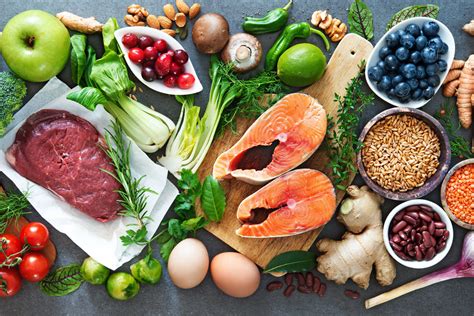
Foods to Limit or Avoid:
- Excessive Alcohol: Can impair testosterone production.
- Highly Processed Foods: Often high in unhealthy fats, sugar, and low in nutrients.
- Trans Fats: Found in many processed and fried foods, detrimental to health and potentially hormones.
- Excessive Soy Products: While generally healthy in moderation, very high intake of soy isoflavones has been debated regarding testosterone.
- High Sugar Intake: Can lead to insulin resistance and inflammation, negatively impacting hormones.
Practical Dietary Strategies
Implementing these nutritional principles effectively requires consistency and a thoughtful approach. Focus on whole, unprocessed foods as the cornerstone of your diet. Meal timing can also play a role; ensure you’re consuming protein and carbohydrates around your workouts to optimize recovery and muscle protein synthesis. Staying adequately hydrated is also critical for all metabolic processes. Listen to your body, track your progress, and consider consulting with a registered dietitian or nutritionist to tailor a plan specifically to your needs and goals, especially if you have specific health conditions or athletic demands.
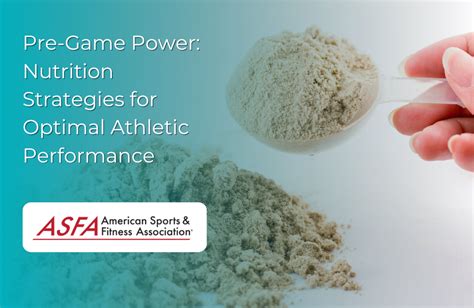
Conclusion
The journey to robust testosterone levels and significant lean mass isn’t solely confined to the gym; it starts on your plate. By prioritizing a diet rich in quality proteins, healthy fats, complex carbohydrates, and essential micronutrients, you create an optimal internal environment for hormonal balance and muscle development. This holistic approach to nutrition not only fuels your performance but also lays the groundwork for sustained health and vitality, allowing you to achieve your physical peak more effectively and maintain it long-term.









